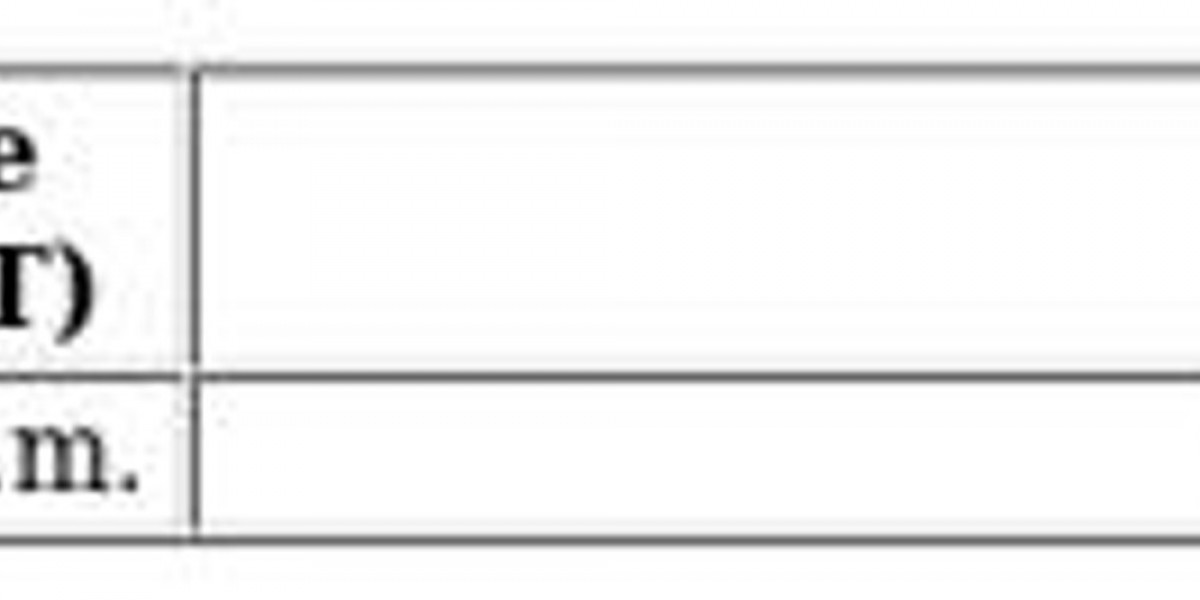The terms orthopaedic and orthopedic often cause confusion, but they essentially refer to the same medical specialty focused on diagnosing, treating, and managing conditions related to the musculoskeletal system bones, joints, muscles, ligaments, and tendons.
? Regional Spelling Differences
This difference is purely geographical and linguistic , not medical. Both spellings describe the exact same field of medicine and are used interchangeably by professionals worldwide.
? Historical Background
The word orthopaedics comes from the Greek words :
- Orths (ό) meaning "straight"
- Paidion (ί) meaning "child"
It was coined in 1741 by French physician Nicholas Andry in his book Orthopaedia: or the Art of Correcting and Preventing Deformities in Children . Originally, the field focused on correcting musculoskeletal deformities in children.
Over time, the scope expanded to include all ages and a wide range of musculoskeletal issues, including trauma, degenerative diseases, sports injuries, and surgical interventions like joint replacements.
✅ Usage in Medical Terminology
Despite the spelling differences, both terms are accepted and widely used in professional settings:
- The American Academy of Orthopaedic Surgeons (AAOS) retains the traditional British spelling (orthopaedic) in its name and educational materials.
- In clinical practice across the U.S., orthopedic is more common (e.g., orthopedic surgeon, orthopedic clinic).
- Academic institutions and journals may use either term depending on editorial style.
? What Do Orthopaedic/Orthopedic Doctors Do?
These specialists treat a variety of musculoskeletal conditions through:
- Non-surgical treatments (physical therapy, medications, braces)
- Surgical procedures (joint replacement, fracture repair, arthroscopy, spinal fusion)
They also work closely with other healthcare providers such as physiotherapists, pain management specialists, and rehabilitation experts.
? Common Misconceptions
? Evolution of Orthopaedic Surgery
From early splints made by ancient civilizations to modern-day total joint replacements , orthopaedics has seen dramatic advancements:
Today, over 500,000 hip replacements and 300,000 knee replacements are performed annually in developed countries, showing how integral orthopaedic care has become.
? Choosing the Right Term
Both spellings are correct and acceptable. The choice depends on regional preference, context, and target audience .
? Final Thoughts
Whether you call it orthopaedic or orthopedic , the goal remains the same: to help patients improve mobility, reduce pain, and enhance their quality of life. For expert musculoskeletal care, visit Dr. Kelkar Hospital .








